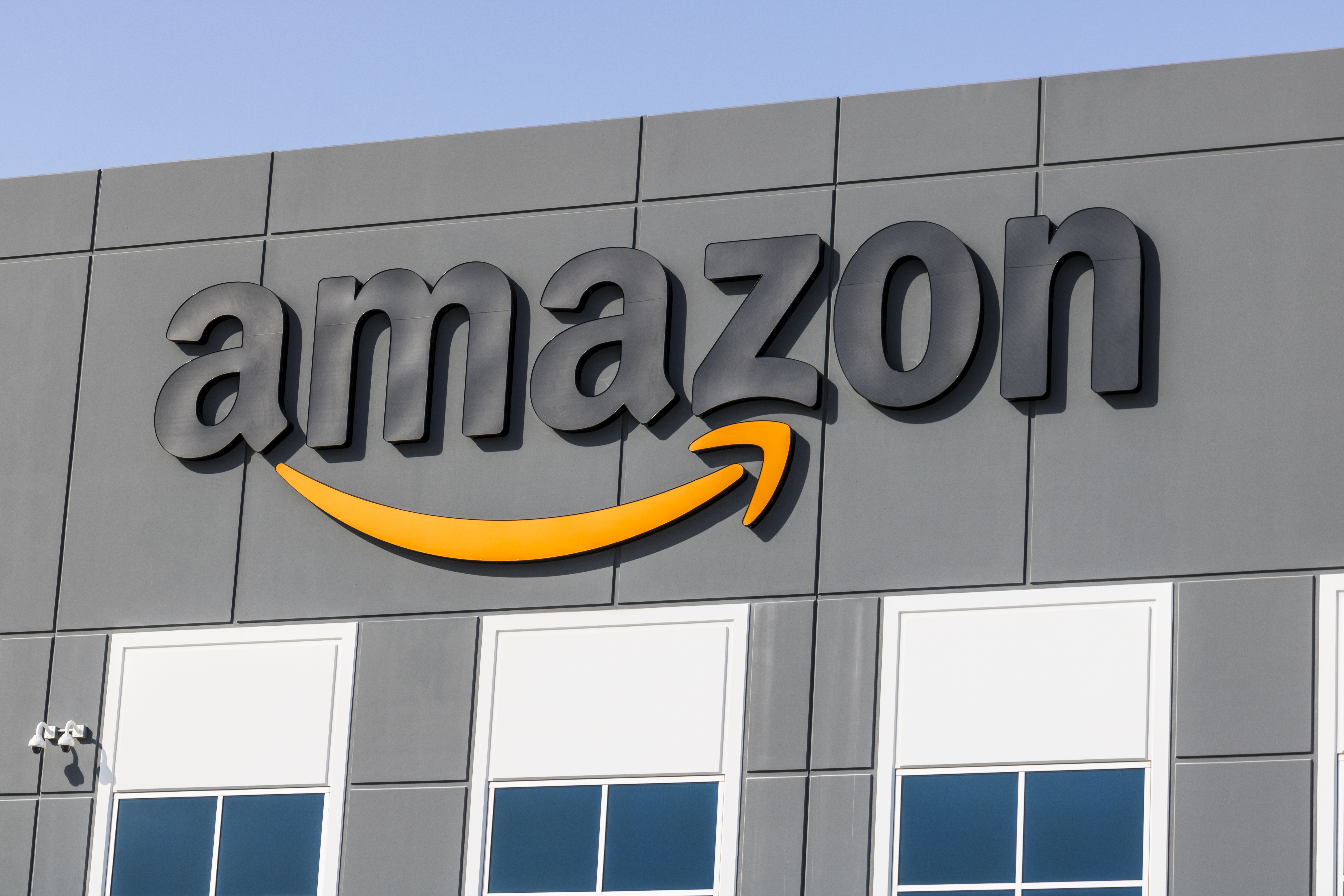
Amazon is under fire after the District of Columbia filed a lawsuit accusing the company of withholding its fastest delivery services from two predominantly Black neighborhoods while continuing to charge residents full price for Prime memberships. The lawsuit alleges that the Seattle-based retailer secretly imposed a delivery “exclusion” in zip codes 20019 and 20020 in mid-2022, relying solely on third-party carriers like UPS and USPS instead of its in-house delivery network.
District Attorney General Brian Schwalb said the company never disclosed the slower delivery speeds to affected customers, who pay $139 annually or $14.99 monthly for Prime benefits, including expedited shipping. Schwalb stated that Amazon’s practices unfairly impacted tens of thousands of residents in Wards 7 and 8, who have ordered over 4.5 million packages in the last four years. Many residents in these areas rely heavily on online services due to limited retail and grocery options, making the slower service particularly damaging.
Amazon defended the changes, citing concerns for driver safety. A spokesperson for the company, Kelly Nantel, explained that drivers had been subject to targeted threats and attacks in the two zip codes, prompting operational adjustments to prioritize safety. Nantel also stated that Amazon is transparent about delivery timelines during the checkout process and highlighted that nearly 1.5 million Prime-eligible products were delivered within two days to customers in the affected areas since 2022.
The lawsuit outlines a significant disparity in delivery performance. Before the changes, over 72% of Prime packages in the two neighborhoods arrived within two days, compared to just 24% last year. Meanwhile, residents in other parts of DC saw on-time deliveries 75% of the time as Amazon’s nationwide delivery speeds improved. When customers complained, Amazon allegedly blamed delays on natural shipping fluctuations rather than its policy change.
This isn’t the first time Amazon has faced accusations of delivery inequities. A 2016 Bloomberg investigation revealed Black residents in cities like Atlanta and Chicago were less likely to access same-day delivery services. A year later, a local DC outlet reported Amazon’s restaurant delivery service excluded certain neighborhoods in the city, including one mentioned in this lawsuit.
The District’s lawsuit seeks restitution for affected Prime members, civil penalties, and an injunction to prevent Amazon from engaging in deceptive practices. Amazon has expressed willingness to work with DC officials to address crime and safety concerns in the impacted areas while defending its business practices in court.
Discover more from Baller Alert
Subscribe to get the latest posts sent to your email.